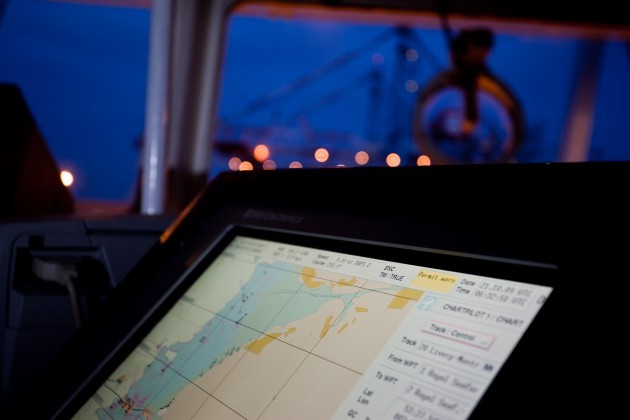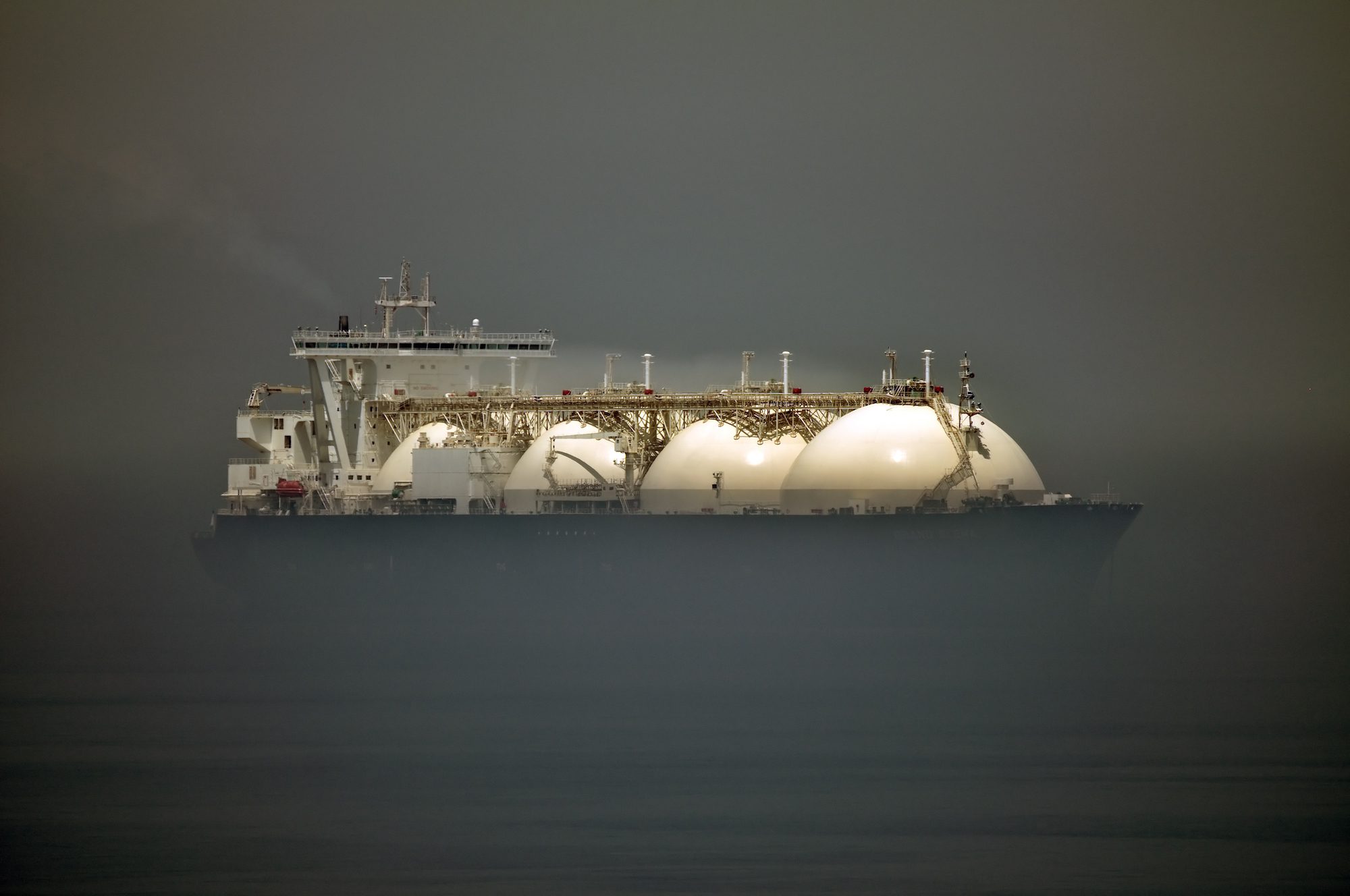
More than half of the world’s tankers of 3,000 gross tonnes or more will comply with new SOLAS regulations on the mandatory carriage of an Electronic Chart Display & Information System (ECDIS) that will enter into force on 1 July 2015, but still over 4,000 tankers are not yet ready.
[contextly_sidebar id=”XuL877vEcsQTlLr1G1FXYNLDtTXAisL0″]Of the 8,750+ tankers in the global fleet that are required to comply with these regulations by their first survey following this date, 54% are now using ENCs (Electronic Nautical Charts) on ECDIS, according to data from the United Kingdom Hydrographic Office, a government organization responsible for providing navigational charts and other nautical publications.
UKHO says that while progress has been made in recent months with the global ‘ECDIS readiness’ figure having risen from 42% in September 2014 to the current figure of 54%, however over the remaining 56% of tankers – over 4,000 – are not yet using an ENC service.
The UKHO data also reveals a number of interesting disparities in the adoption of ECDIS between elements of the global tanker fleet. UKHO says that 83% of LNG tankers are currently using an ENC service, compared to 70% of crude oil tankers and just 36% of product tankers. All three categories have shown a substantial improvement in ECDIS readiness since September 2014.
Thomas Mellor, Head of OEM Technical Support and Digital Standards for UKHO, commented that while the international tanker community has made significant progress, a large portion of the fleet is not yet using an ENC service.
“Even allowing for exemptions and the grace period until their first survey after 1 July 2015, which could be up to 12 months later, this is a considerable undertaking and the ECDIS supply chain can expect to come under considerable pressure in the coming months,” Mellor.
“Tanker owners and operators that have not yet planned for the adoption of ECDIS should address this immediately in order to make the transition in a safe, timely manner and avoid the risks of non-compliance. From an operational, commercial and reputational perspective, the consequences of failing to comply with the ECDIS regulations – and therefore the SOLAS Convention – can be severe,” Mellor added.
Amendments to the SOLAS Convention requiring the mandatory carriage of ECDIS for ships engaged on international voyages were adopted in 2009, putting into place a rolling timetable of deadlines for different vessel sizes and classes. The requirement for all existing tankers of 3,000 gross tonnes or more, with the exception of vessels to be taken out of service within two years, is to be fitted with ECDIS no later than their first survey on or after 1 July 2015.
The ECDIS transition process will not include not only the installation of ECDIS on-board, but also crew training, revisions to bridge policies and procedures, and class approval, among others. UKHO says that this process is expected to put pressure across the ECDIS supply chain, including OEMs, shipyards, crew, training providers, crewing companies, class societies and Flag States, and requires considerable advance planning by tanker companies.

 Join The Club
Join The Club











